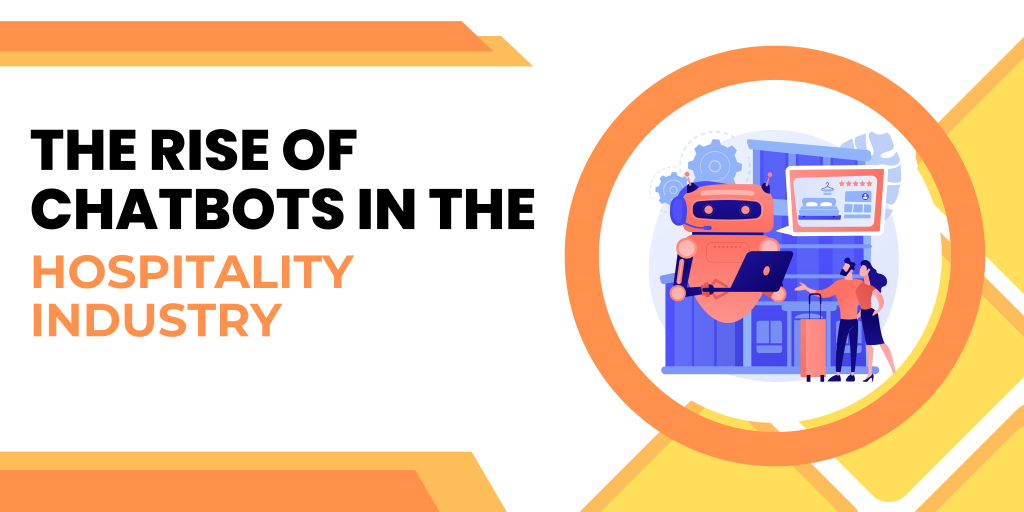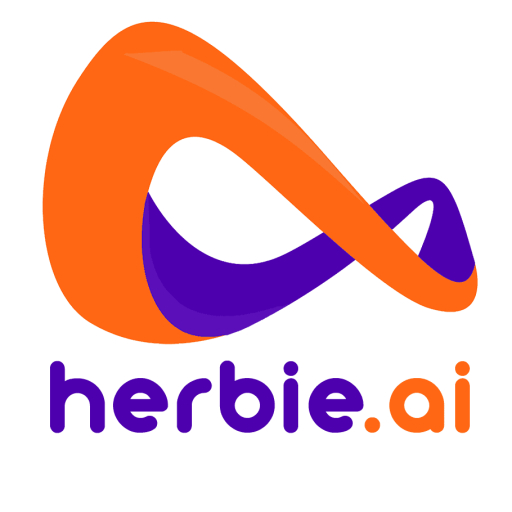
The hospitality industry is all about delivering exceptional customer experience. With the increasing demand for personalized and convenient services, chatbots have emerged as a game-changer for the industry. Chatbots can efficiently handle repetitive and transactional conversations while freeing up human resources to tackle complex queries and tasks.
What are Chatbots?
A chatbot is an AI-powered app that can communicate with users via chat windows, text, or voice messages. The chatbot technology has come a long way and is capable of mimicking human-like conversational patterns and context analysis. With proper input and training, chatbots can handle most customer inquiries and even facilitate bookings and orders.
Benefits of Chatbots in the Hospitality Industr
24/7 Availability
Chatbots are available 24/7 to assist with bookings, provide hotel information, and answer general queries. They can operate without human intervention during out-of-office hours, reducing response times and any resulting customer frustration.
Personalized Recommendations
Chatbots can analyze past conversations to understand customer preferences and tailor recommendations, improving customer satisfaction and loyalty. Leveraging advanced algorithms, chatbots can deliver hyper-personalized services based on past interaction history and customer data.
Increased Efficiency
Chatbots can perform routine transactions much quicker than humans, such as taking orders, reservations, and providing basic information, freeing up staff to focus on high-value tasks.
Reduced Operating Costs
With the rise of chatbots, hotels can significantly reduce their costs by employing fewer staff for specific tasks. Deploying chatbots as a part of the overall customer service strategy can help shape an affordable yet effective business model.
Best Use Cases for Chatbots in the Hospitality Industry
Booking Process
Chatbots can effectively handle the booking process, helping to deliver a smooth and effortless experience for customers. The bot can handle simple queries such as availability, cost, and room categories. The chatbot can also facilitate bookings, send confirmations, and track reservations.
Customer Service
Chatbots can offer support throughout a customer’s journey from pre-arrival inquiries to on-site services and experiences. Chatbots can offer prompt responses to customers’ needs such as check-in times and guest amenities available.
Upselling and Cross-Selling
Chatbots can recommend additional services such as spa treatments, restaurants, excursions, among others, based on their understanding of customer preferences. By using chatbots, hotels can upsell without being pushy.
Challenges for Chatbots in the Hospitality Industry
Integration with Existing Systems
Integrating chatbots with existing hotel systems including reservation systems and CRMs can be a challenge. However, once this hurdle is overcome, the chatbot can provide a seamless experience.
Language Processing
Processing natural language and context may be a challenge for chatbots. To overcome this, chatbots need to be trained with industry-specific language and service-oriented terminology.
Human Touch
Customers may prefer human interactions for more complex problems and emotional support. Chatbots cannot replace human empathy entirely, and guests may feel impersonal during sensitive conversations.
Conclusion
Chatbots offer a powerful solution for the hospitality industry. The deployment of chatbots can lead to much-improved customer experiences and reduced operating costs for hotels. Although still a relatively new technology, chatbots are the way of the future. As the technology evolves, we can anticipate chatbots becoming even more intelligent and personal in the experiences they can provide. As chatbots become more prevalent in the hotel industry, it could become an essential tool in shaping the future of hospitality.
